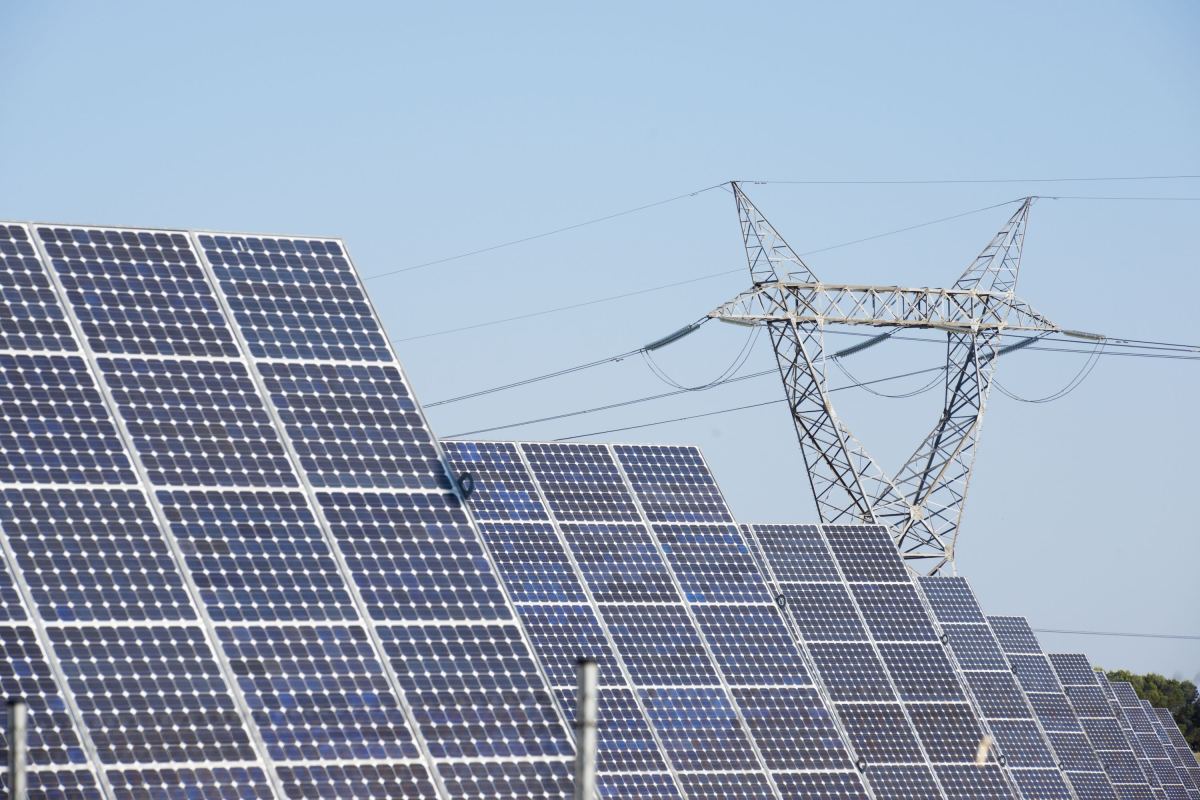Solar Energy Shines: Microsoft Boosts AI Data Centers with 475 MW Power Addition
Microsoft is making strides in the renewable energy sector by adding an impressive 475 megawatts to its extensive portfolio, which is essential for meeting the increasing energy demands of its data centers. Recently, the tech giant has partnered with energy provider AES to launch three solar projects located in the Midwest, specifically in Illinois, Michigan, and Missouri.
Why Microsoft is Investing in Solar Energy
The recent expansion of Microsoft’s renewable energy initiatives reflects the urgency of its energy requirements. Solar energy stands out as a reliable choice for powering data centers due to its quick installation, affordability, and modular nature. These features make it an ideal solution for tech companies in need of immediate electricity supply.
Microsoft’s Ongoing Commitment to Solar Power
Microsoft has consistently invested in solar energy projects. For instance:
- In February, the company secured 389 megawatts from three solar initiatives in Illinois and Texas.
- In late 2022, Microsoft joined a $9 billion renewable power coalition organized by Acadia.
Currently, Microsoft’s renewable energy portfolio boasts over 34 gigawatts of capacity, showcasing its dedication to sustainable practices.
Comparative Advantages of Renewable Energy
While there has been a growing interest in nuclear power among tech companies, the cost-effectiveness and rapid deployment of renewable energy continue to dominate the market. Here are some key points regarding the advantages of renewables:
- Renewable energy sources can be deployed faster compared to nuclear and natural gas power plants.
- Battery storage systems are increasingly being integrated with renewable projects to ensure a consistent energy supply.
- The costs of solar and battery technologies are declining, making hybrid power plants more competitive with traditional energy sources.
Despite the initial higher costs of hybrid systems, the trend indicates a shift towards renewables as a viable solution for energy needs.
Meeting the Demand for AI Servers
For tech companies and data center developers, timing is critical. The demand for computing power is skyrocketing, and projections suggest that up to 50% of new AI servers could be underpowered by 2027. Most new natural gas and nuclear facilities won’t be operational until well after this date.
In contrast, utility-scale solar projects can start generating electricity within approximately 18 months, making them an attractive option for immediate energy requirements.
Recent Major Deals in Renewable Energy
Microsoft’s rapid execution of renewable energy contracts is evident in its previous agreements. Last summer, the company finalized a significant deal with Brookfield Asset Management for 10.5 gigawatts of renewable capacity across the U.S. and Europe, with a delivery timeline extending to 2030.
For more information on Microsoft’s renewable energy initiatives, visit their official sustainability page.






